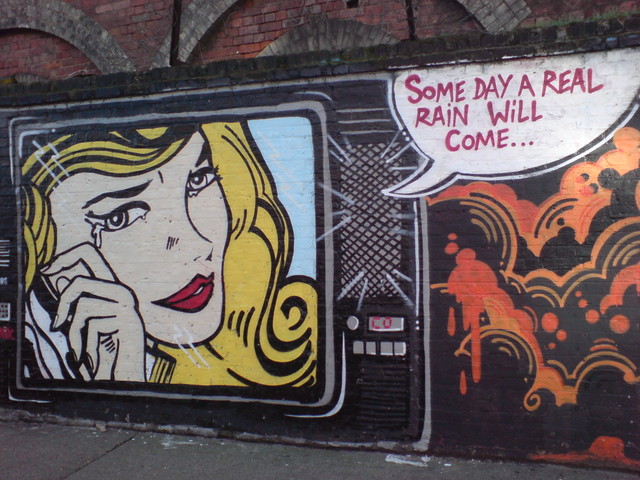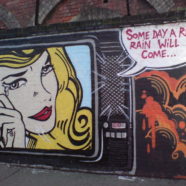Ralahine Keynote

I was thrilled to be invited by the Ralahine Centre for Utopian Studies at the University of Limerick to give the opening keynote lecture for their conference “(Un)Fair Cities. Equity, Ideology and Utopia in Urban Texts” co-organised with the Association for Literary Urban Studies (ALUS) (formerly the Helsinki Literature and the City Network) and also supported by the Erasmus+ Programme of the European Union. The conference brought together European colleagues working on ideas of utopia and the built environment in disciplines such as literary studies, cultural theory, architecture, urban planning, history and urban studies.
My keynote was titled “ ‘The other city, the city of dreams’: Literary utopias and literary utopianism” and examined the relationship between the urban and the utopian – specifically, the question of the knowability and unknowability of city spaces within literary texts (primarily London, but also other smaller British cities). It focussed on an emerging caucus of twenty-first-century British fictions that use urban settings, as well as real and imagined escapes from the city (in pastoral or temporal terms) to blend mimetic topographical detail and the locatedness of an identifiable city space with a more formally dislocating sense of ambiguity.
These alternate topographies of possibility, I suggested, speak to a re-emergence in the twenty-first-century British novel of the utopian imagination, or impulse. This body of contemporary fictions can be identified by a shared interrogation of lived and historical time to reveal a series of radically nonlinear, disjunct, pluralised and alternative temporal constructions. The twenty-first century fictions I discussed thus contribute towards a disrupting of the solidity of the real in the naturalised genre of realist ‘literary’ fiction through their non-linear, and distinctively utopian, temporalities. The present becomes malleable as redeemed pasts and anticipated futures eddy within a roiling depiction of temporal experience that often blurs the secular and the sacred, and this delinearised sense of time is given aesthetic expression through non-mimetic experiments with narrative voice and structure.
Much of the keynote relates to the theoretical framework of “literary utopianism” developed in my recently published monograph, Utopia and the Contemporary British Novel (Cambridge University Press, 2019).
Click below to LISTEN TO THE KEYNOTE:
And here are the slides that accompanied the lecture.
Featured Image by Mathanki Kodavasal under a CC BY-SA license







 Dr Caroline Edwards is Senior Lecturer in Modern & Contemporary Literature at Birkbeck, University of London. Her research and teaching specialisms are in 21st century literature and critical theory, science fiction and post-apocalyptic narratives, Marxist aesthetics, and utopianism.
Dr Caroline Edwards is Senior Lecturer in Modern & Contemporary Literature at Birkbeck, University of London. Her research and teaching specialisms are in 21st century literature and critical theory, science fiction and post-apocalyptic narratives, Marxist aesthetics, and utopianism.
Follow / Contact